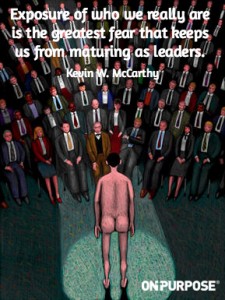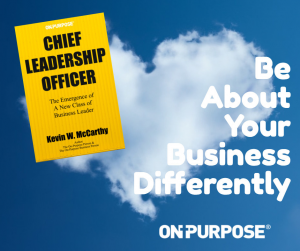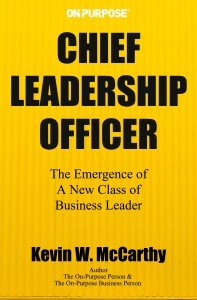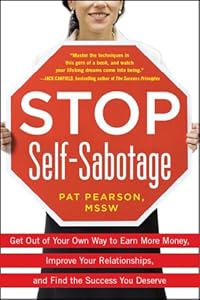In today’s On-Purpose® Minute, let’s explore the gains to be found in loss! You might be surprised just how effective loss can be to our long-term benefit.
How do you deal with loss? What is loss?
Are you prepared to have loss in order to gain?
 Could it be that loss and—more importantly—learning how to deal with loss are simply as organic to life as the vegetable section at your local Whole Foods store?
Could it be that loss and—more importantly—learning how to deal with loss are simply as organic to life as the vegetable section at your local Whole Foods store?
In The On-Purpose Person, I reference fighters, floaters, fleers, and flitters as “styles” for dealing with stress and life. There, you’re encouraged to be a navigator, one who leads and manages through change rather than reacting to and being a victim of it. It takes an inherent calm and peace.
As a formerly ranked tennis player, when I have been in “the zone” on the court, I play without the stress and strain of forcing my play. Things just seem to click better. The secret to getting and staying in the zone to some degree is detaching from the usual expected outcome—to win the match.
The ability to play better comes from navigating the experience positively. It is hard to keep this “above the fray” mindset, but when one does, the body and mind are able to perform seemingly without effort.
In business, on the tennis court, or on the golf course, I’ve seen far too many talented people tighten up for fear of loss. This “choking” isn’t a personal failure; it is a growing experience if we allow it to be instructive versus destructive.
Oddly, loss is important to our health, well-being, and finances because it helps us to mature and grow.
Sailors on a ship may not be aware of the big picture or have the experience to place what is happening to the ship in a proper context. A ship’s captain, however, brings the capacity to navigate the shoals and shores safely even in a storm.
If you are learning—and we’re all life-long learners—then anticipate there are situations when you are a sailor and other times when you are a captain.
 testing ourselves at the next level.
testing ourselves at the next level.



